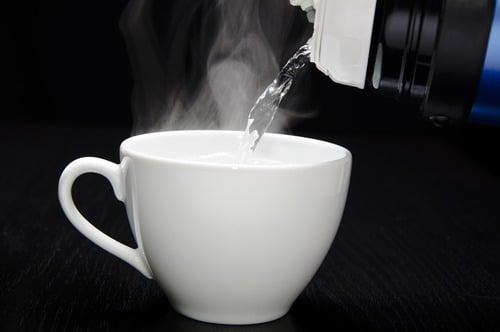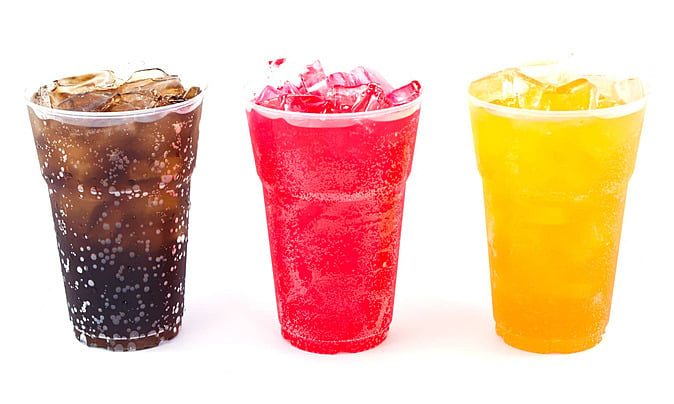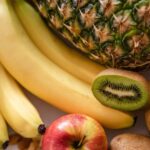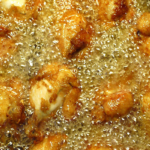Hot Water: The Silent Killer for Your Esophagus and Stomach
While drinking warm water is a healthy habit, be mindful that consuming extremely hot water (above 65°C) poses potential risks and is associated with an increased risk of esophageal and stomach cancer.
According to the World Health Organization (WHO), regularly drinking water, tea, or soup at high temperatures can damage the esophageal mucosa. Prolonged exposure to hot liquids can lead to chronic inflammation and abnormal cell regeneration, creating a conducive environment for cancerous cell formation.
It is quite common for people to enjoy their tea piping hot or sip boiling water first thing in the morning. While it may provide a comforting feeling, it is detrimental in the long run. Therefore, it is advisable to consume liquids at temperatures around 50°C or lower, with the ideal range being 38-40°C.

Sugary Drinks: Ideal Fuel for Cancer Cells
Sugary drinks, especially carbonated ones, are a favorite for many, especially during hot weather. However, these beverages have been linked to an increased risk of kidney damage and cancer when consumed regularly.
Here’s why sugary drinks, including carbonated ones, are potentially carcinogenic:
They contain extremely high levels of sugar, often reaching 30-40g per small can.
They are packed with artificial colors, flavors, and preservatives that can disrupt metabolism.
CO₂ and caffeine contribute to inflammation and place a strain on the liver and pancreas.
Research indicates that individuals who frequently consume sugary drinks are at a higher risk of developing cancer of the pancreas, liver, esophagus, and colon. Additionally, these drinks increase the likelihood of obesity and diabetes, which further exacerbates health issues.

Bottled Fruit Juices: Sweet but Sneakily Harmful
While fruit juices are generally considered healthy, it is essential to distinguish between freshly squeezed or pressed juices and their bottled counterparts. The latter can be detrimental to your health if consumed frequently due to several reasons:
They often contain refined sugar or fructose syrup, which can overload the liver and pancreas.
They lack fiber, an essential component when consuming whole fruits.
They may include preservatives, artificial colors, and flavors to extend their shelf life.
When you drink bottled fruit juices, the sugar is rapidly absorbed into your bloodstream, leading to spikes in blood glucose and insulin levels, creating an ideal environment for cancer cell growth. Additionally, the high sugar content can take a toll on your liver and kidneys.
It is recommended to opt for freshly squeezed or pressed juices without added sugar or, better yet, consume whole fruits to obtain the benefits of both the juice and the fiber.






































